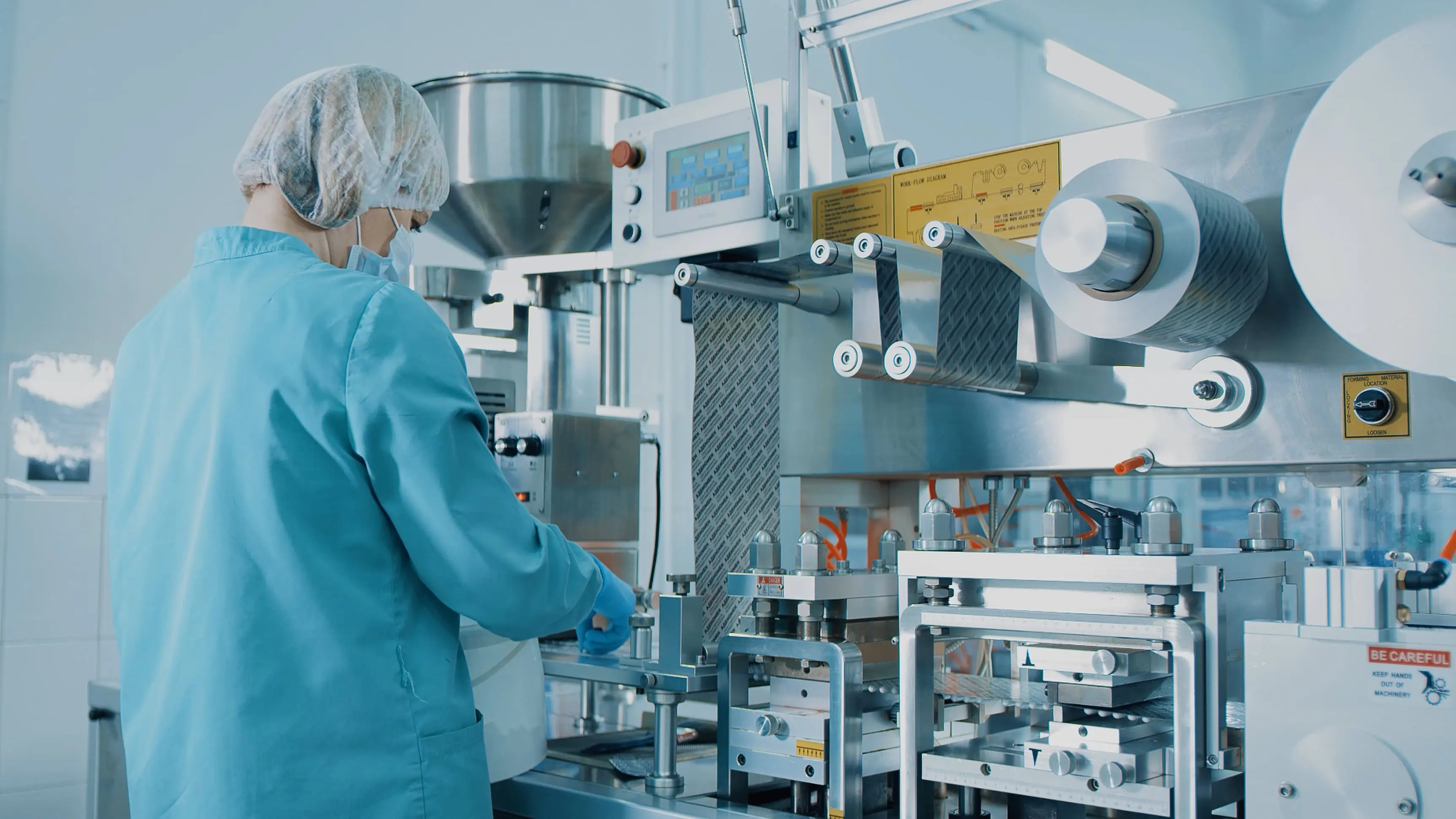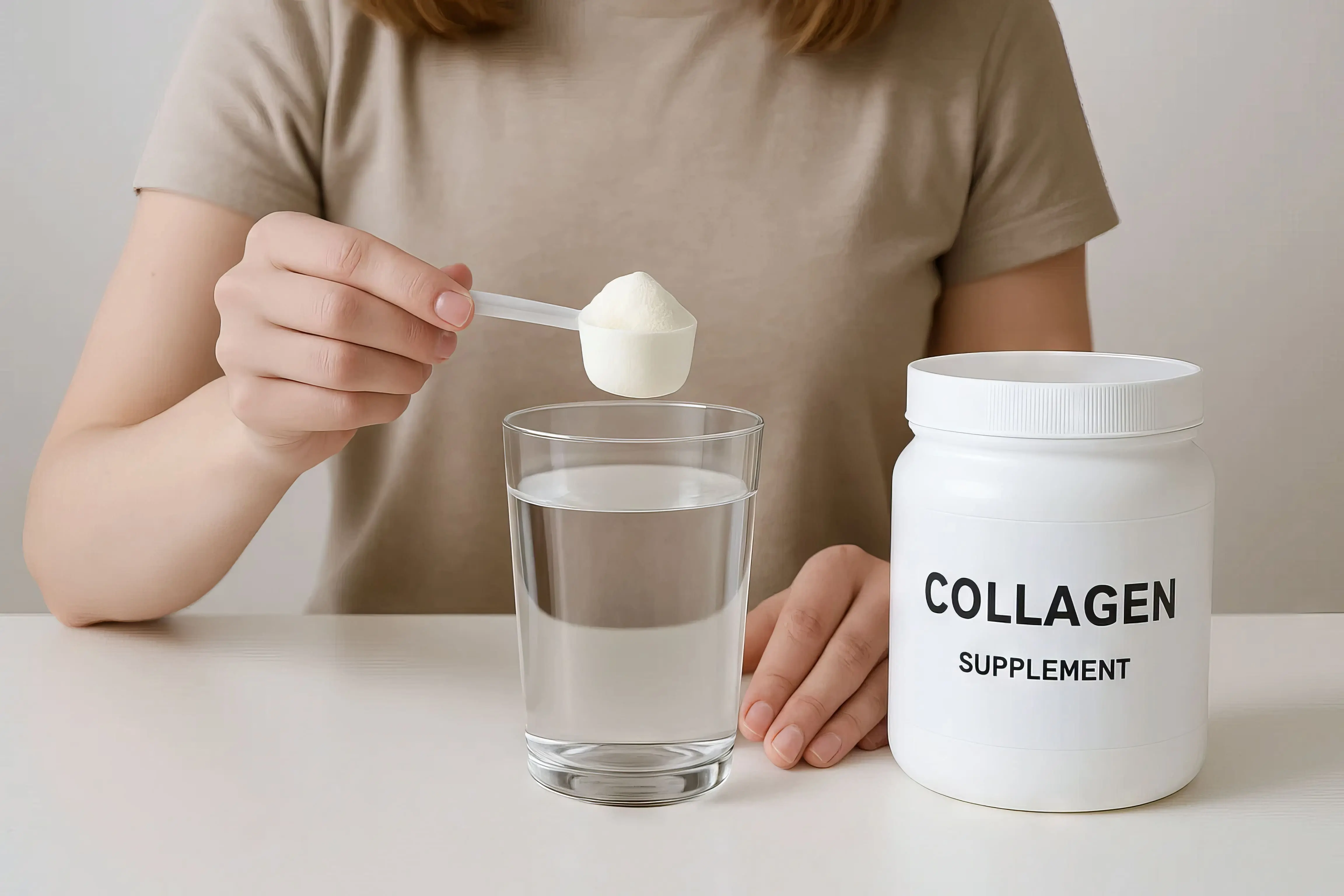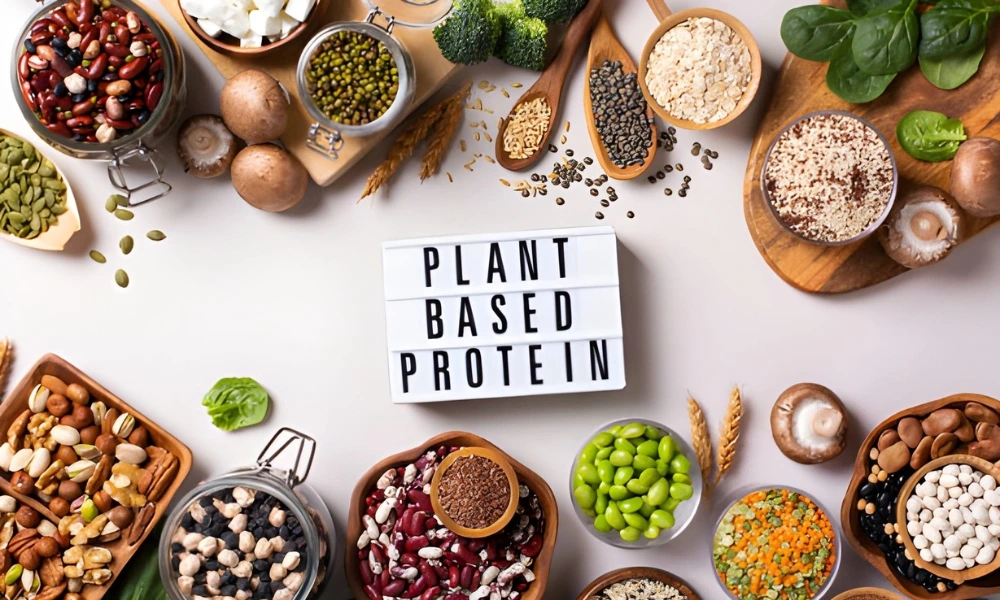Explore the science of collagen and its role in improving skin elasticity

Collagen is the most abundant protein in the human body—and one of the most powerful natural ingredients responsible for maintaining youthful skin. But as we age, collagen production declines, resulting in fine lines, sagging, and loss of skin elasticity.
Whether you’re a skincare enthusiast looking to boost your glow or a supplement entrepreneur planning your next big product launch, understanding the best collagen for skin elasticity is key to delivering visible results—and market success.
Key Takeaways
- Collagen Is Essential for Skin Structure and Youthfulness: Collagen maintains firmness, hydration, and elasticity in the skin. As we age, collagen levels decline—leading to wrinkles, sagging, and fine lines—making supplementation a critical strategy for long-term skin health.
- Dietary Collagen Supplements Are the Most Effective Approach: Among all collagen-boosting methods, hydrolyzed collagen supplements show the highest bioavailability and scientific support. When paired with vitamin C, zinc, and hyaluronic acid, they effectively stimulate new collagen synthesis and improve skin elasticity within 4–8 weeks.
- F.A.M.E. Health Labs Helps Brands Launch Proven Collagen Products: F.A.M.E. Health Labs offers custom collagen formulation, packaging, and fulfillment solutions, making them an ideal partner for brands looking to tap into the booming market for beauty-from-within and anti-aging supplements.
How Collagen Affects Skin Elasticity
Collagen serves as the structural framework for your skin. It works in tandem with elastin and hyaluronic acid to keep skin firm, supple, and resilient. Understanding how collagen improves skin is key to maintaining a youthful appearance—it strengthens the skin’s structure, enhances hydration, and supports elasticity. As the body’s natural collagen production declines—typically after age 25—the skin becomes thinner, weaker, and more prone to wrinkles. That’s why many turn to collagen supplements to restore skin elasticity and promote visible, long-term improvements in skin health.
The Science Behind Collagen Production
To fully appreciate how collagen helps improve skin, let’s break down how your body makes collagen at the molecular level.
Gene Expression
Collagen production begins at the cellular level through the activation of specific genes (COL1A1 and COL1A2) responsible for encoding collagen proteins.
Protein Assembly
The body synthesizes amino acids—primarily glycine, proline, and hydroxyproline—to form collagen peptides, the building blocks of full collagen molecules.
Triple Helix Formation
Three peptide chains twist together to form a strong, rope-like triple helix structure—collagen’s signature form.
Matrix Formation
Once formed, collagen is secreted outside the cell, where it integrates into the skin’s extracellular matrix, delivering tensile strength and elasticity.
The Scientific Impact of Aging
Several factors accelerate collagen breakdown and inhibit its synthesis, especially with age.
UV Radiation
Chronic sun exposure degrades collagen fibers and inhibits new synthesis, leading to premature aging.
Genetic Factors
Your DNA plays a role in how efficiently your body produces collagen, with some people genetically predisposed to faster skin aging.
Free Radicals
Pollution, smoking, and stress generate free radicals that attack collagen structures and lead to oxidative stress in the skin.
Hormonal Changes
Estrogen plays a critical role in collagen production—declining levels during menopause are linked to a sharp decrease in skin firmness and elasticity.
Strategies to Boost Collagen Production for Skin Elasticity
There are several clinically studied methods to restore collagen and improve skin texture.
Topical Collagen
Creams with hydrolyzed collagen aim to hydrate and temporarily improve skin appearance. However, they may not penetrate deep enough to significantly alter collagen levels.
Microneedling
This technique triggers a wound-healing response that stimulates collagen synthesis in the dermis. It’s effective but requires professional sessions.
Laser Therapy
Fractional lasers and radiofrequency devices encourage fibroblast activity to boost collagen renewal.
Healthy Lifestyle
A diet rich in vitamin C, amino acids, antioxidants, and staying hydrated can help maintain your skin’s collagen levels naturally.
Dietary Collagen: The Most Effective Way to Boost Collagen Levels
Among all strategies, dietary collagen supplements are one of the most efficient and scalable ways to restore elasticity—making them a booming category for health-conscious consumers and supplement manufacturers alike.
Collagen Absorption & Bioavailability
Hydrolyzed collagen (collagen peptides) is broken down into amino acids and peptides that are easily absorbed into the bloodstream. Studies show these peptides stimulate fibroblasts to produce new collagen.
Complementing Other Collagen-Boosting Strategies
Oral collagen works synergistically with vitamins like C, zinc, and hyaluronic acid—often featured in premium collagen formulations by top supplement manufacturers in the USA.
Final Thoughts
Collagen is not just a beauty buzzword—it’s a scientifically backed protein critical for maintaining skin structure and elasticity. By understanding the biological mechanisms of collagen and incorporating proven strategies such as dietary collagen supplements, individuals and businesses alike can promote healthier, younger-looking skin.
If you're a business owner looking to capitalize on the growing demand for collagen for skin elasticity, F.A.M.E. Health Labs can help bring your vision to life. From custom supplement formulation to packaging solutions and fulfillment, we offer end-to-end support for your collagen product line.
FAQs
When should I start taking collagen for skin health?
Most experts recommend beginning collagen supplementation in your mid-20s or early 30s when natural collagen production starts to slow.
How soon can I expect to see results from collagen supplements for skin elasticity?
Clinical studies suggest visible improvements in skin hydration and elasticity may occur after 4–8 weeks of consistent use.
Can collagen alone prevent wrinkles and sagging skin?
While collagen helps, combining it with antioxidants, sun protection, and healthy habits offers a more comprehensive approach to anti-aging.
What are the key benefits of collagen for skin health?
The benefits of collagen for skin health include improved elasticity, enhanced hydration, and a reduction in fine lines and wrinkles. Collagen supports the skin’s structural integrity, helping it appear firmer and more youthful over time.



.png)





















.gif)


